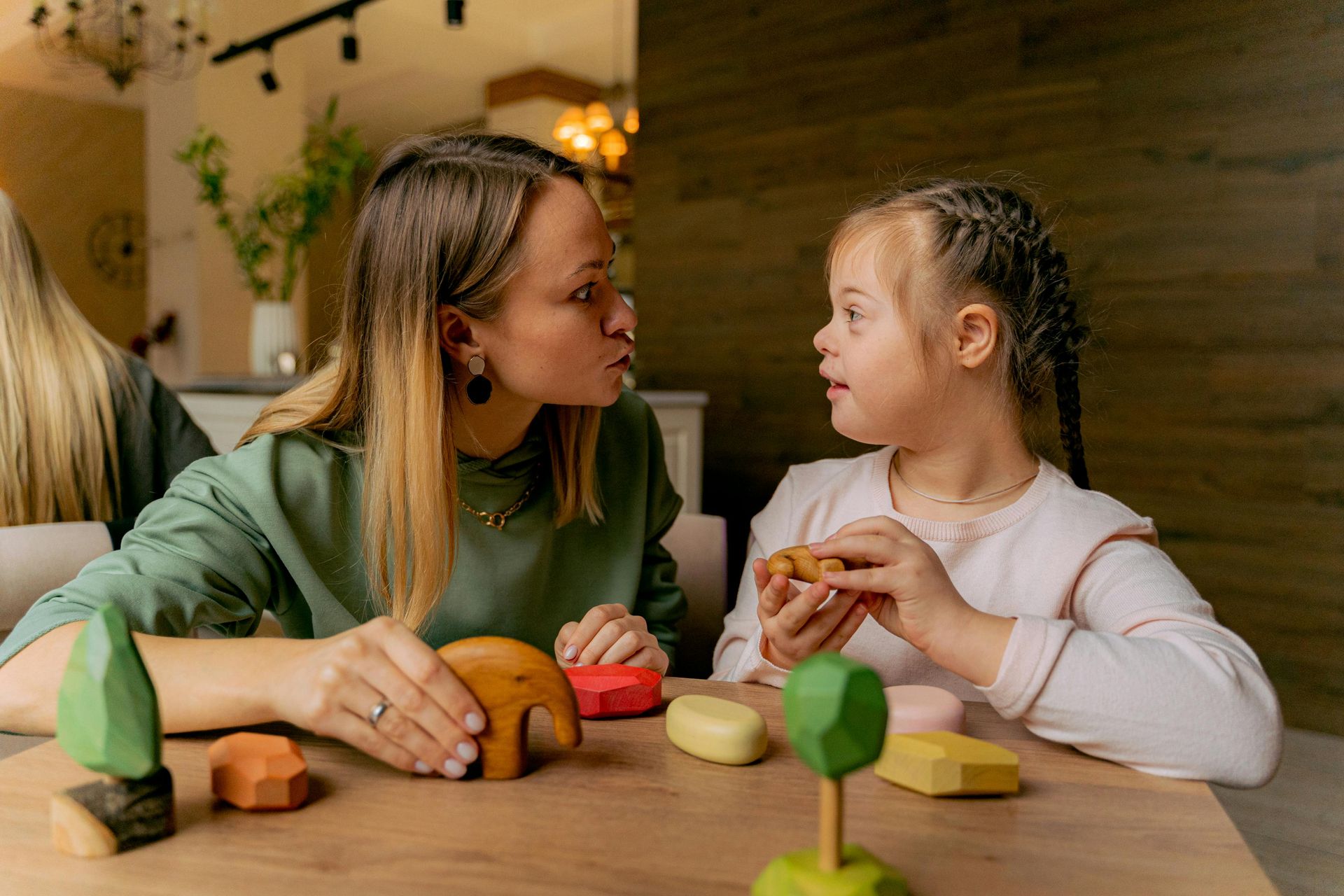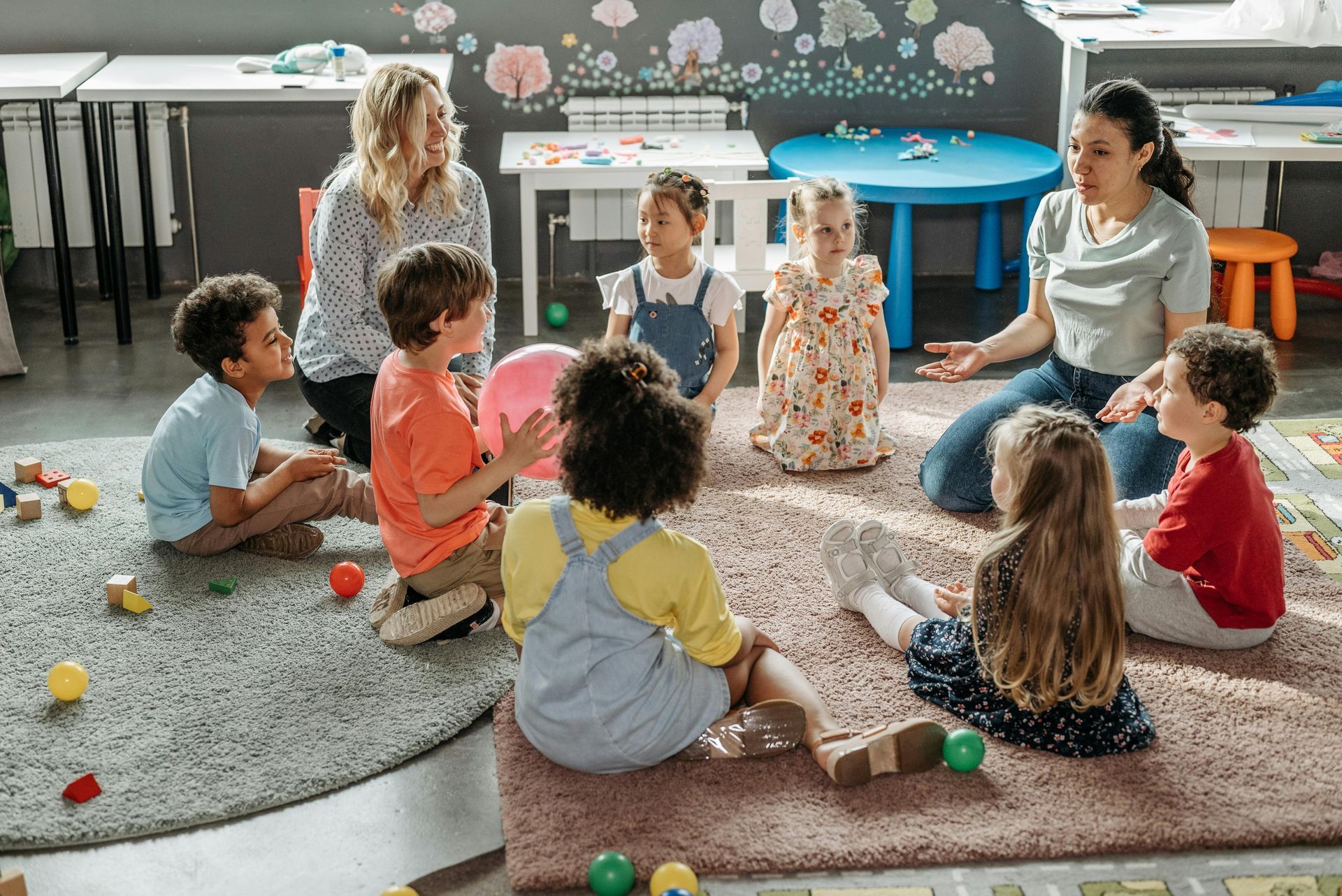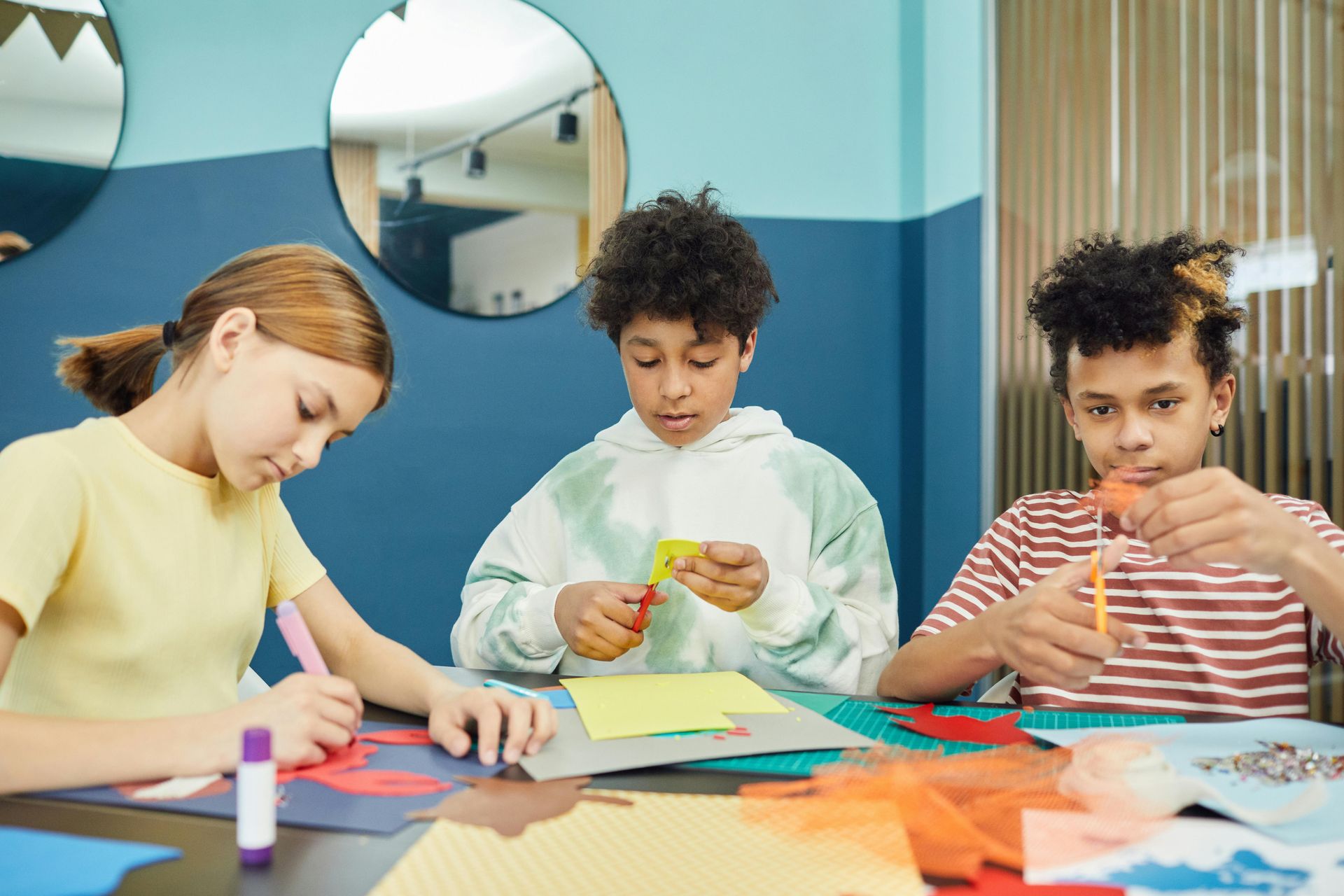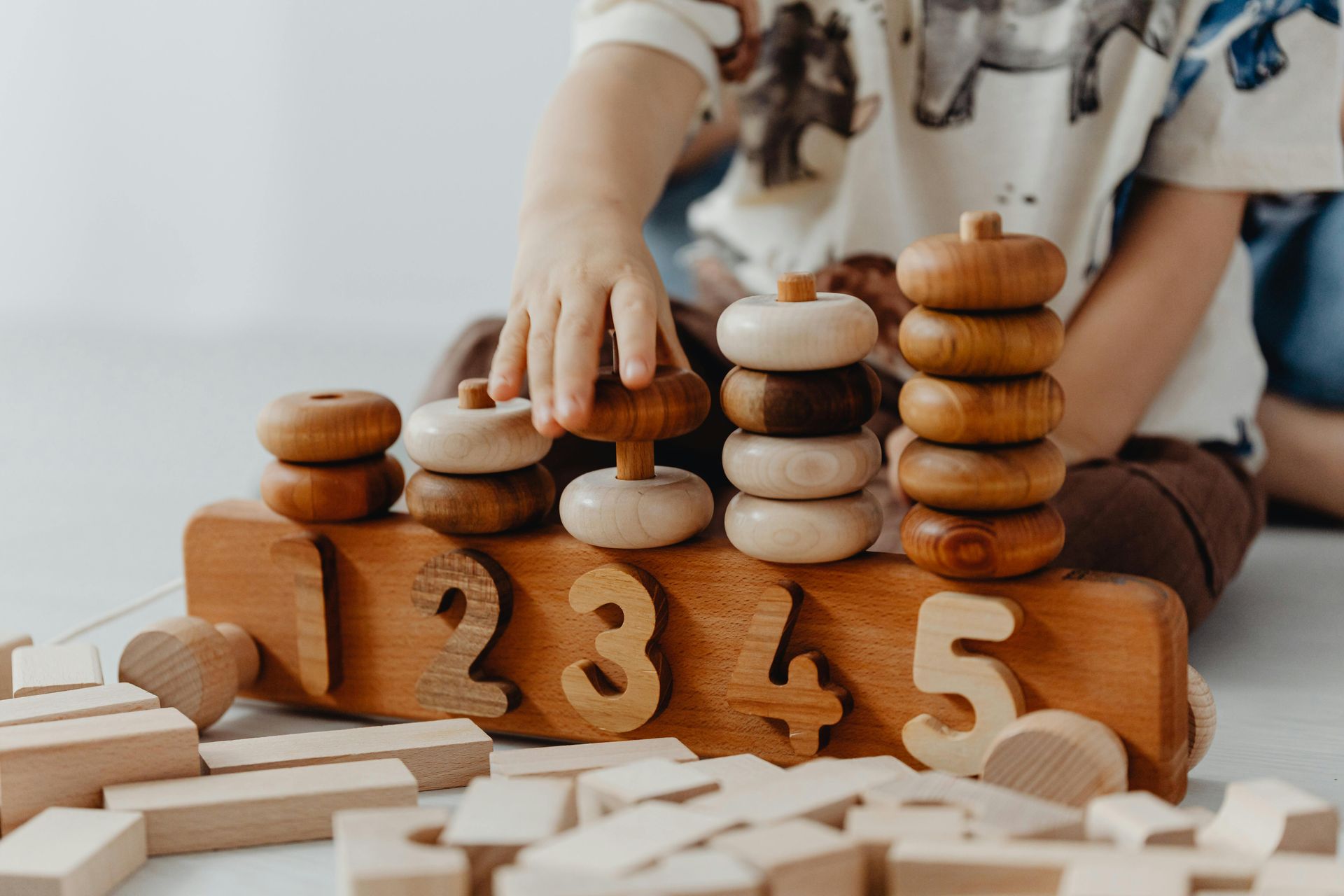Nutrition and Healthy Habits in Preschool: Building a Foundation for Lifelong Health
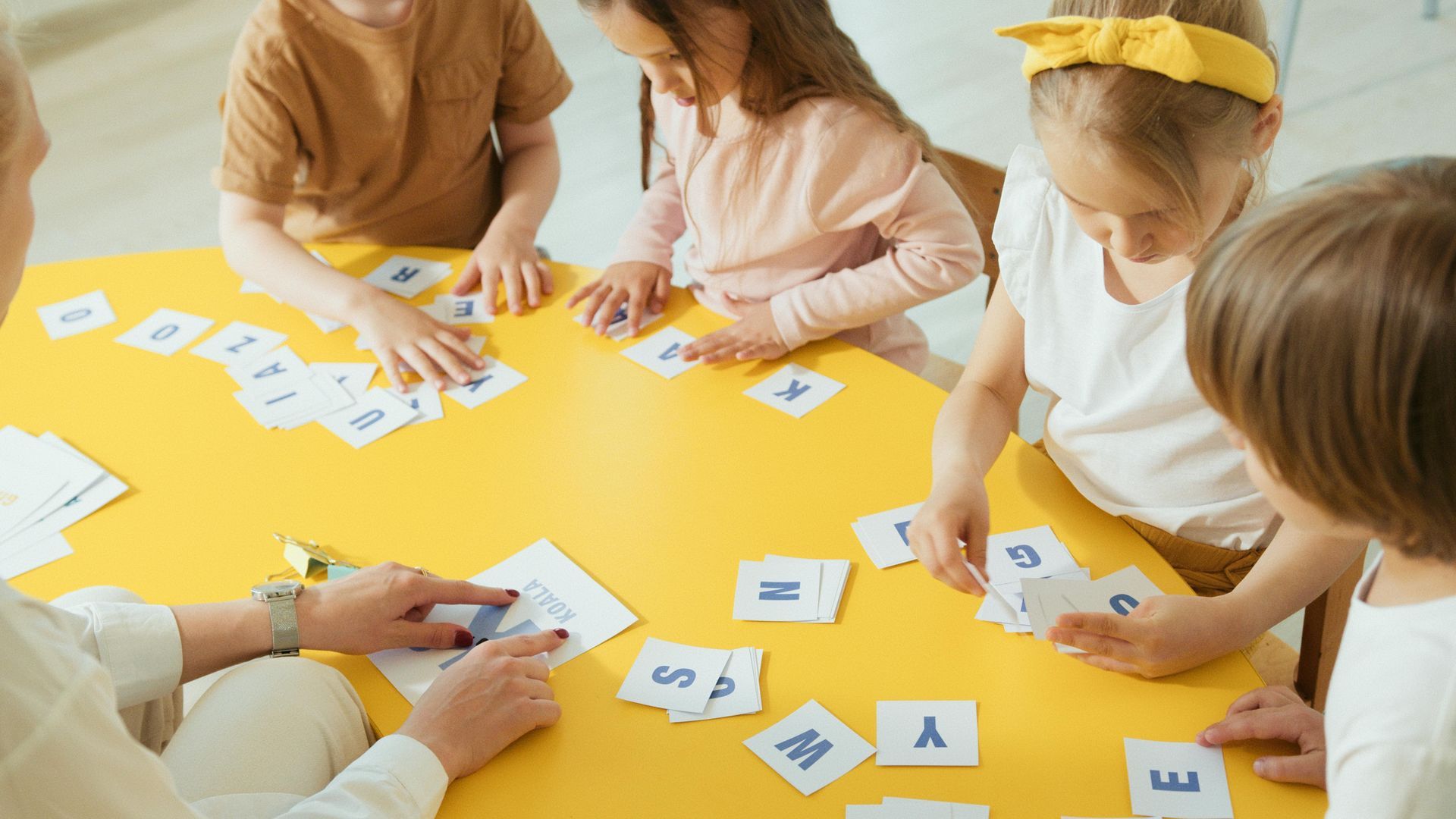
Play is often seen as a fun activity for young children, but it is far more than just entertainment. In preschool, play is a powerful tool for learning, fostering cognitive, social, and emotional development. At Kid’s Avenue Learning Center, we recognize the critical role that play-based learning plays in a child’s early years. Play allows children to explore, experiment, problem-solve, and interact with the world around them in meaningful ways. This blog will explore why play-based learning is so essential in preschool, how it supports various areas of development, and how parents and teachers can create an environment that encourages play-based learning.
What Is Play-Based Learning?
Play-based learning is an educational approach that uses play as the primary method of learning. Rather than relying solely on formal lessons or structured activities, children are given the opportunity to learn through hands-on experiences and self-directed play. This type of learning allows children to explore concepts in a natural and engaging way, building their knowledge and skills at their own pace.
At Kid’s Avenue Learning Center, we incorporate play-based learning into our daily routines by providing children with a variety of play activities, from dramatic play to building blocks to outdoor exploration. Each play experience is designed to stimulate curiosity, creativity, and problem-solving abilities.
How Play-Based Learning Supports Cognitive Development
Cognitive development refers to the growth of a child’s ability to think, reason, understand, and learn. Play-based learning supports cognitive development in several key ways:
- Problem-Solving Skills: Through play, children encounter problems that they need to solve, whether it’s figuring out how to build a tower with blocks or deciding how to share a toy with a friend. These types of problems require critical thinking and decision-making, helping children develop important problem-solving skills.
- Language and Communication Skills: As children engage in pretend play or play with peers, they practice using language to express their thoughts and ideas. Play also encourages social interaction, where children learn to negotiate, listen, and communicate effectively. For example, a child playing “store” with a peer may have to take turns as cashier and customer, using language to make requests, ask questions, and describe items.
- Mathematical Concepts: Many types of play, such as building with blocks or sorting objects by size or color, help children develop early math skills. Through play, children can practice counting, recognizing patterns, and understanding concepts like size, shape, and measurement. These experiences lay the foundation for later math learning.
- Imaginative and Creative Thinking: Pretend play, such as pretending to be a doctor, chef, or firefighter, encourages children to use their imagination and think creatively. It helps children understand different perspectives, build empathy, and explore their emotions. This type of play also encourages storytelling, helping children develop their narrative skills.
How Play-Based Learning Supports Social-Emotional Development
In addition to cognitive development, play-based learning is essential for social and emotional growth. During play, children interact with others, which helps them develop the social skills needed to navigate relationships and manage emotions. Here’s how play supports social-emotional development:
- Building Social Skills: Through play, children learn how to work together, share, take turns, and resolve conflicts. They practice important social skills like listening, waiting for their turn, and collaborating with peers. For instance, a child playing a board game with friends learns how to follow rules, take turns, and congratulate others for their achievements.
- Emotional Regulation: Play provides children with opportunities to express their emotions and learn how to regulate them. Through pretend play, children may explore different emotions, such as happiness, frustration, or sadness, in a safe and controlled environment. Teachers at Kid’s Avenue encourage children to express their feelings through play, helping them build emotional resilience.
- Developing Empathy: When children engage in pretend play with others, they often take on different roles and explore the feelings of characters. This fosters empathy as children learn to understand and respond to the emotions of others. For example, playing “family” may help a child understand the role of a caregiver or sibling, building empathy and compassion for others.
- Building Confidence: Play allows children to take risks and explore new activities without fear of failure. When children succeed in a play activity—whether it’s completing a puzzle or sharing a toy—they build self-confidence and a sense of accomplishment. This confidence carries over into other areas of learning, helping children take on challenges and persevere.
Creating a Play-Based Learning Environment
At Kid’s Avenue Learning Center, we strive to create an environment that promotes play-based learning. Here are some ways we do this:
- Open-Ended Materials: We provide children with open-ended materials such as blocks, art supplies, and dramatic play props that can be used in many different ways. These materials encourage creativity and allow children to explore their own ideas.
- Diverse Play Opportunities: We offer a range of play opportunities, from indoor activities like building with blocks to outdoor play in the garden. These activities cater to different interests and developmental needs, ensuring that every child has the opportunity to engage in meaningful play.
- Facilitating Play-Based Learning: Teachers at Kid’s Avenue actively engage with children during play, offering guidance, posing questions, and introducing new concepts. However, teachers also allow children the freedom to direct their own play, encouraging independence and self-regulation.
- Integrating Learning into Play: While play is the focus, teachers integrate learning opportunities into play activities. For example, during block play, teachers may introduce new vocabulary words related to shapes, sizes, or structures, helping children expand their language skills while they play.
How Parents Can Support Play-Based Learning at Home
Parents can also support play-based learning at home by creating opportunities for their children to engage in meaningful play. Here are some ideas for parents:
- Provide Open-Ended Toys: Offer toys and materials that encourage creativity and imagination, such as building blocks, art supplies, and dolls or action figures for pretend play. These toys allow children to explore different scenarios and problem-solve on their own.
- Encourage Outdoor Play: Outdoor play provides children with opportunities to engage in physical activity and explore nature. Activities like running, climbing, and exploring the outdoors help children develop motor skills, social skills, and an appreciation for the natural world.
- Limit Screen Time: While technology can have educational benefits, it’s important to balance screen time with physical play. Encourage your child to engage in interactive, hands-on activities that promote creativity, imagination, and problem-solving.
- Join in the Play: Whenever possible, join in your child’s play. Whether it’s playing a board game, building with blocks, or acting out a story, playing with your child strengthens your bond and provides valuable learning opportunities.
At Kids Avenue Learning Center, we recognize
the benefits of music and movement in early childhood education, while also emphasizing the importance of
building strong parent-teacher partnerships to support a child's growth and development.
Conclusion
Play-based learning is a vital part of a child’s early education, supporting cognitive, social, and emotional development. At Kid’s Avenue Learning Center, we recognize the power of play and make it a central part of our curriculum. Through play, children develop problem-solving skills, learn to communicate, practice social-emotional skills, and build self-confidence. By creating an environment that fosters play and supporting play-based learning at home, we can help children develop the skills they need to succeed in school and in life.
